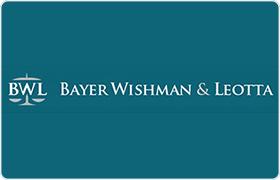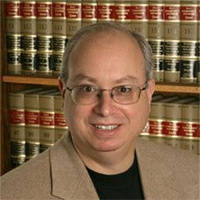Paramount Bankruptcy & Debt Lawyer, California
Sponsored Law Firm
-
 x
x

Click For More Info:
-
Bayer Wishman & Leotta
1055 Wilshire Blvd Suite 1900 Los Angeles, CA 90017» view mapBankruptcy & Debt Experience, Affordability, & Expertise
The Los Angeles bankruptcy lawyers of Bayer Wishman & Leotta have successfully represented clients in the Los Angeles area for over 37 years. Bankruptcy is all we handle.
800-942-4591
Vincent J Quigg
Workers' Compensation, Bankruptcy, Personal Injury, Criminal, Commercial Real Estate
Status: In Good Standing Licensed: 41 Years
Mark John Hoffman
Foreclosure, Real Estate, Estate, Elder Law, Bankruptcy & Debt
Status: In Good Standing Licensed: 13 Years
Jose Medina
Employee Rights, Contract, Bankruptcy, Personal Injury
Status: In Good Standing Licensed: 45 Years
James Vicente Michael Sanchez
Estate Planning, Bankruptcy, Contract, Family Law, Trusts
Status: In Good Standing Licensed: 17 Years
 Leon Bayer Los Angeles, CA
Leon Bayer Los Angeles, CA Practice AreasExpertise
Practice AreasExpertise
